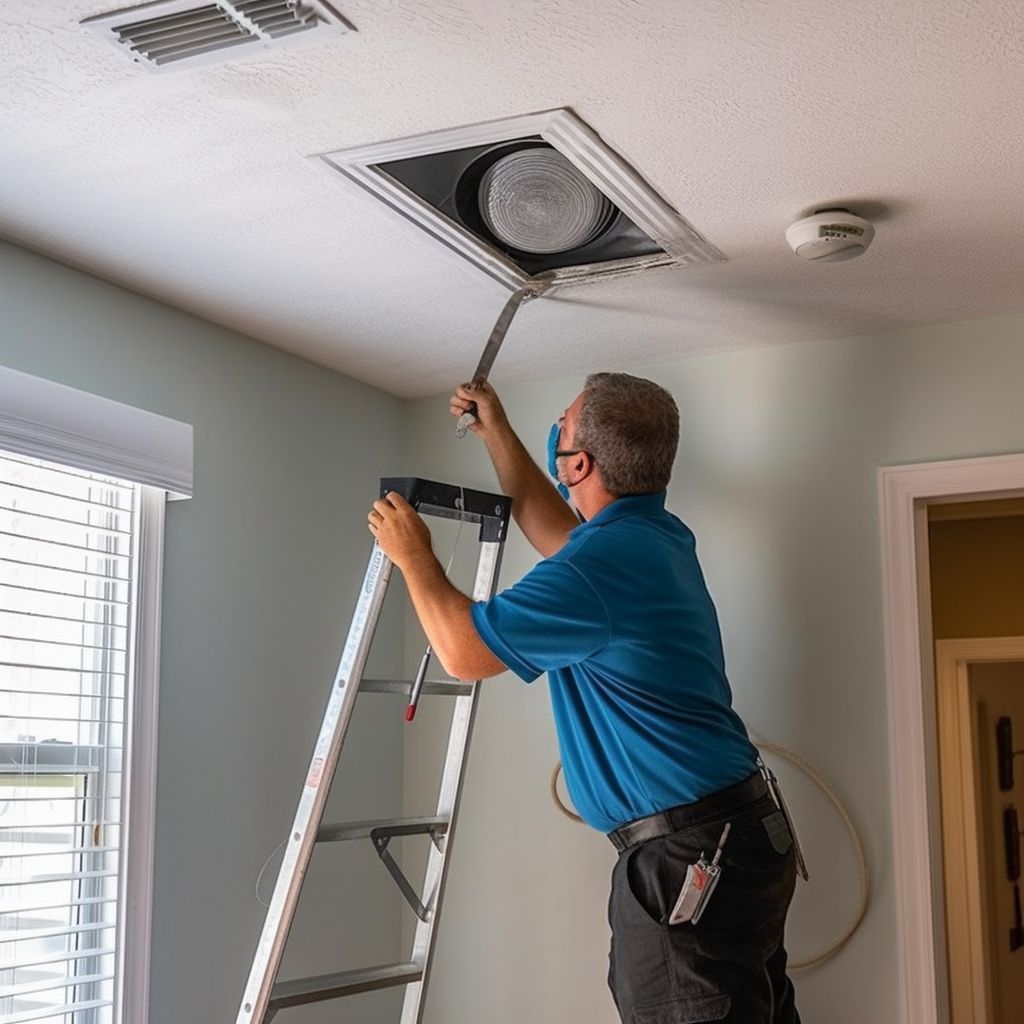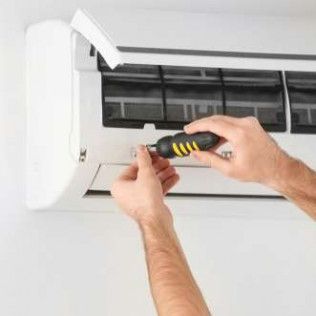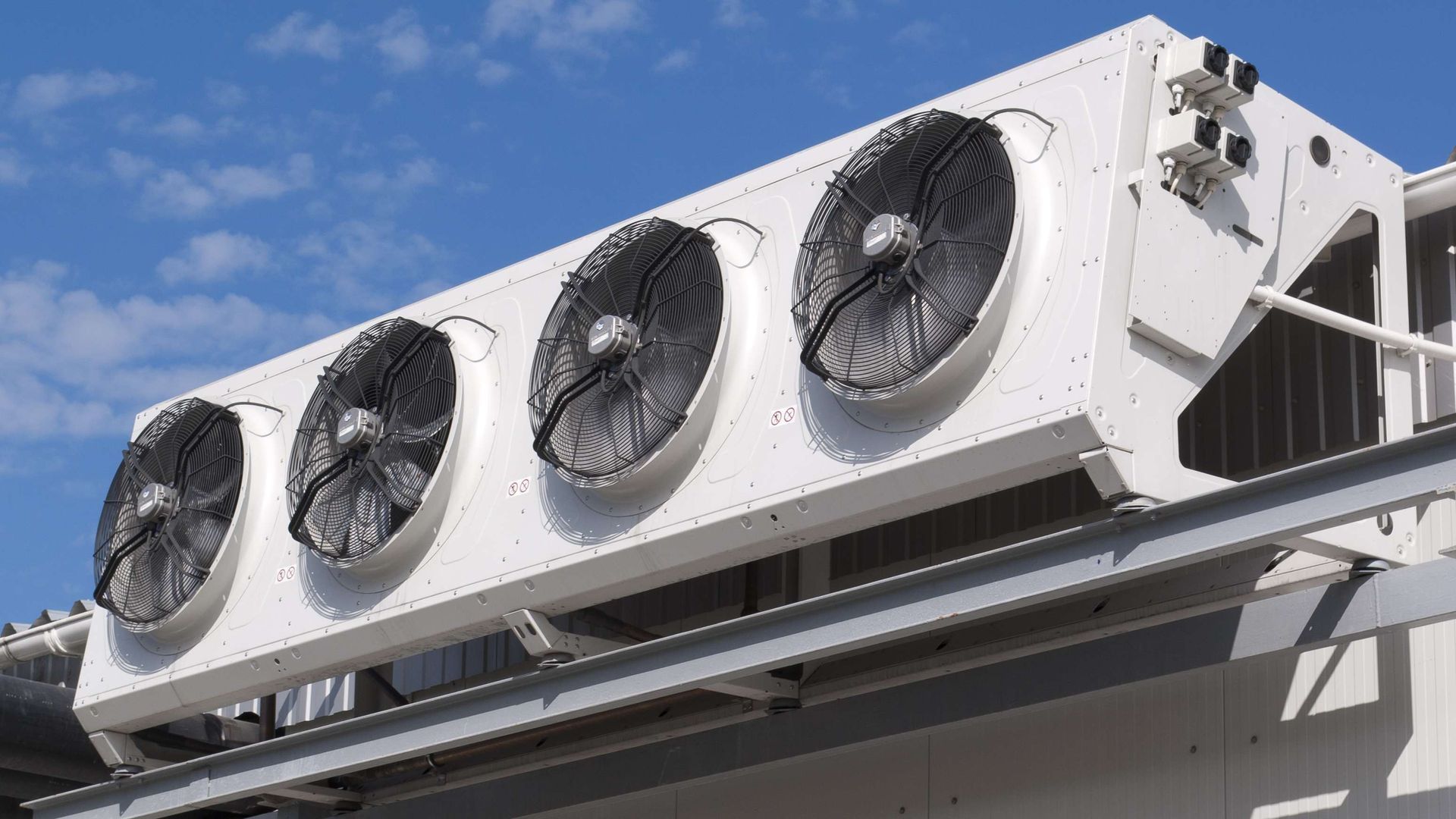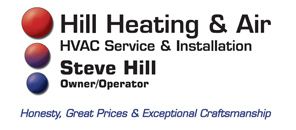Discover the Most Efficient AC System for Homeowners in Utah
Best Types of AC systems for your home
As temperatures rise during the hot Utah summers, homeowners rely on their air conditioning systems to keep their homes comfortable. However, with energy costs on the rise, it's becoming increasingly important to choose an AC system for home that is both effective and efficient.
In this blog post, we'll discuss the importance of having an efficient AC system, how Utah's climate impacts AC efficiency, and the most efficient AC system for houses in Utah.
By the end of this post, you'll have a better understanding of how to choose an AC system that meets your needs and saves you money on your energy bills.
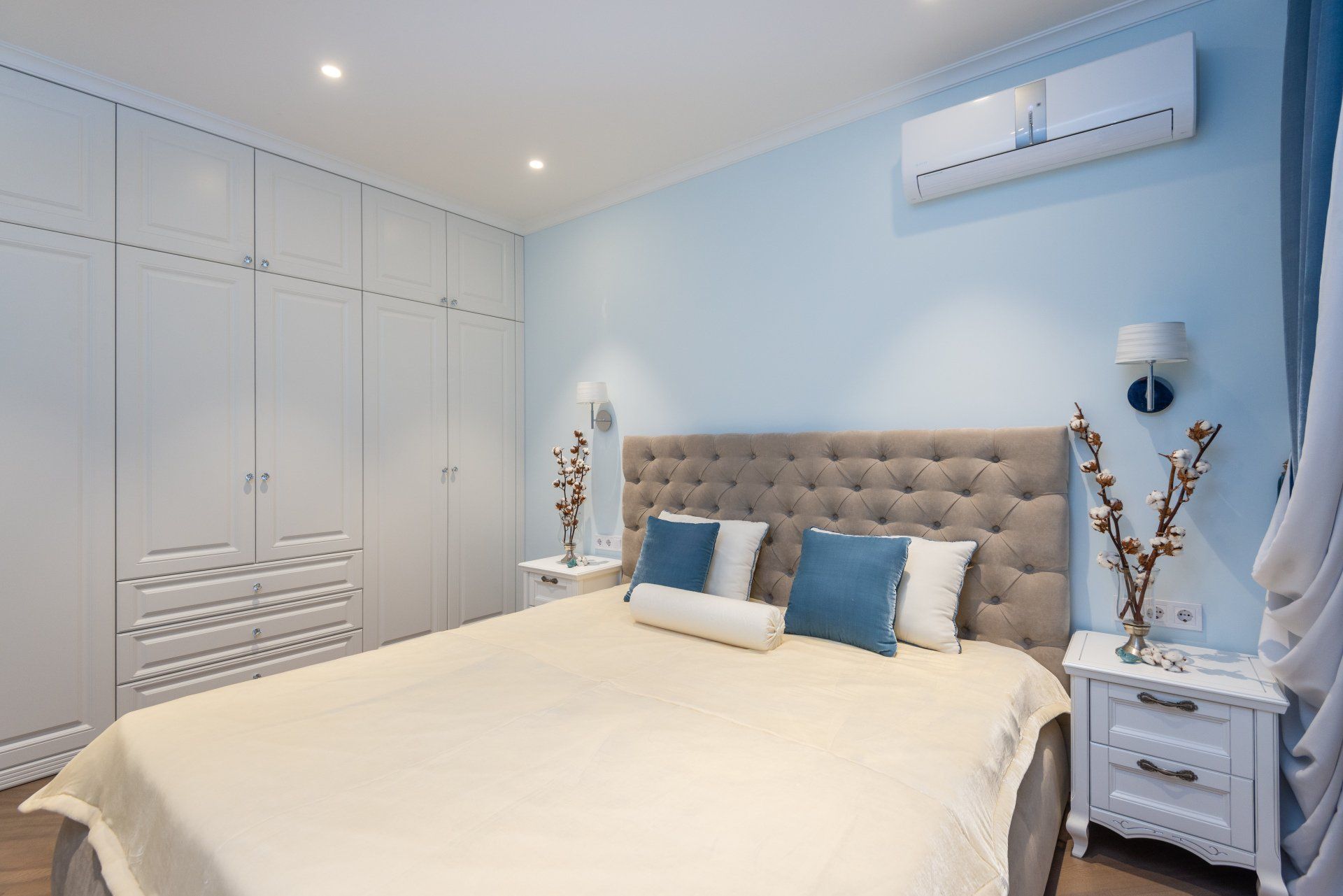
Types of AC systems
There are different types of AC systems available in the market, each with its unique features and capabilities. Knowing the differences between these systems can help homeowners choose the most efficient option for their needs.
Central Air System
Central air systems, also known as central air conditioners, are the most common type of AC system in the United States. These systems work by using a network of ducts to circulate cool air throughout the home. The system has an indoor unit that contains the evaporator coil, and an outdoor unit that houses the compressor and condenser. The central air installation cost can be high, but it can be highly efficient when installed correctly, and its efficiency is measured by its SEER rating. Central air systems typically have SEER ratings between 14 and 22.
Ductless Mini-Split System
Ductless mini-split systems, also known as ductless AC, are becoming increasingly popular for their versatility and energy efficiency. These systems are composed of one outdoor unit and one or more indoor units, which can be placed throughout the home. They don't require ductwork, which makes them an excellent option for homes without existing ducts or for room additions or renovations.
Ductless mini-split systems can be highly efficient, with SEER ratings ranging from 18 to 30, depending on the model and installation quality. Additionally, ductless mini split installation cost is often lower than the installation cost of central air systems, making them a cost-effective option for many homeowners.
Heat Pump System
Heat pump systems are another option for both heating and cooling. These systems work by transferring heat from the outdoor air or ground to warm the indoor air. In the summer, the process is reversed to cool the home. Heat pump systems can be highly efficient, with SEER ratings ranging from 14 to 30, depending on the model and installation quality. However, their efficiency can decrease in extremely cold temperatures, making them less effective in some areas.
When comparing the efficiency of these systems, it's important to consider their SEER ratings. The higher the SEER rating, the more energy efficient the system. However, the efficiency of each system can vary depending on factors such as the size of the unit, installation quality, and maintenance. It's important to consult with an HVAC professional to determine the most efficient system for your home.
Factors affecting AC efficiency
There are several factors that can affect the efficiency of an AC system. One of the most important factors is the size of the unit. An AC system that is too small for the space it is intended to cool will have to work harder to keep the temperature down, which can lead to increased energy consumption and higher utility bills. On the other hand, an AC system that is too large for the space can result in frequent on-and-off cycling, which can also decrease efficiency and increase wear and tear on the unit.
Another important factor that affects AC efficiency is the SEER rating. The SEER (Seasonal Energy Efficiency Ratio) rating is a measure of the system's efficiency over an entire cooling season. The higher the SEER rating, the more efficient the system is. In general, a system with a SEER rating of 14 or higher is considered to be highly efficient. When choosing an AC system, it is important to consider both the initial cost and the long-term savings associated with a higher SEER rating.
Regular maintenance is also important for maintaining the efficiency of an AC system. Dirty air filters, clogged condenser coils, and other issues can all cause the system to work harder than it needs to, leading to increased energy consumption and decreased efficiency. Regular maintenance can help to prevent these issues and ensure that the system is running at peak efficiency.
The most efficient AC system for Utah homeowners
Utah's climate is characterized by hot, dry summers and cold winters, making it important for homeowners to have an efficient AC system that can handle both extremes. When it comes to choosing the most efficient AC system for Utah homeowners, a number of factors must be considered.
While central air systems, including central heating and air conditioning, are the most traditional type of AC system, they can be costly to install and maintain, especially in older homes without existing ductwork. Additionally, their efficiency can decrease in extreme temperatures.
Ductless mini-split systems, on the other hand, are highly efficient and versatile, making them a great option for homes without existing ducts or for room additions or renovations. Heat pump systems are also highly efficient, but their efficiency can decrease in extremely cold temperatures.
Based on these factors, the most efficient AC system for Utah homeowners would likely be a ductless mini-split system. Not only are they highly efficient, but they also offer the versatility of being able to cool specific areas of the home without the need for ductwork. They are also cost-effective and can be a great option for homeowners looking to save on installation and maintenance costs.
Benefits of an efficient AC system
An efficient AC system offers several benefits for Utah homeowners, such as:
Lower energy bills
An efficient AC system uses less energy to cool your home, resulting in lower energy bills. This can be especially beneficial in Utah, where energy costs can be higher due to the hot summer months.
Better indoor air quality
An efficient AC system can help to filter out pollutants and allergens, improving the indoor air quality of your home. This can be particularly beneficial for Utah homeowners who may be susceptible to allergies or respiratory issues due to the state's dry climate.
Increased comfort
An efficient AC system can cool your home more effectively, providing a more comfortable indoor environment during the hot summer months. This can be especially important for Utah homeowners who may experience extreme heat during the summer.
Reduced environmental impact
An efficient AC system uses less energy, which means it has a smaller carbon footprint than less efficient systems. This can be a significant benefit for Utah homeowners who are concerned about reducing their environmental impact.
Final Thoughts
An efficient AC system is crucial for Utah homeowners to stay cool and comfortable during the hot summer months while keeping energy costs low. By considering the different types of AC systems and factors that affect efficiency, homeowners can choose the most suitable and cost-effective option for their needs.
Hill Heating and Air Company is committed to providing high-quality and efficient AC systems and services to homeowners in Utah. We understand the unique climate and energy costs of Utah, and we can help you choose the best air conditioning system for your home. Contact us today to learn more about Utah air conditioning, our AC system options, and how we can help improve your indoor air quality and energy efficiency. Upgrade to an efficient AC system today and enjoy the benefits of lower energy bills, better indoor air quality, and increased comfort.
Contact Us
Contact Us
We will get back to you as soon as possible.
Please try again later.
HILL HEATING & AIR, LLC
South Jordan, UT 84095
CALL US
Phone: (801) 860-0655
HOURS | 24/7 AFTER HOURS AND WEEKENDS
- Mon - Fri
- -
- Sat - Sun
- Closed
HILL HEATING & AIR, LLC
Salt lake city , UT 84130 United States of America
CALL US
Phone: (801) 860-0655
HOURS | 24/7 AFTER HOURS AND WEEKENDS
- Mon - Fri
- -
- Sat - Sun
- Closed
Copyright © 2023 Hill Heating & Air, LLC, all rights reserved.

